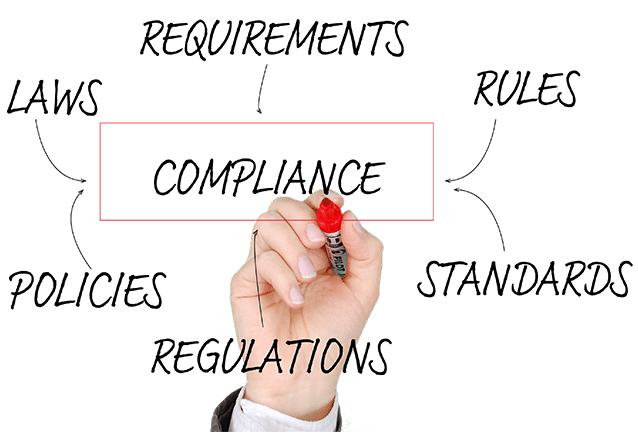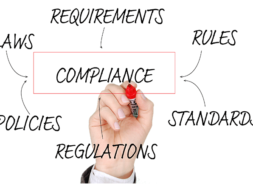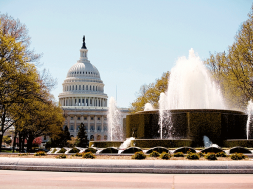
States Now Require a License to Service Student Loans
Student Loan Servicer license requirements are still somewhat unknown but are a new reality for servicers and proprietary schools. California became the first state to license and regulate Student Loan Servicers as of July 1, 2018. The California Department of Financial Protection & Innovation (DFPI) website reads “the statute established state standards to ensure consistent, fair and quality servicing for the more than four million Californians who have student loans.” Public and private nonprofit postsecondary institutions that are servicing a student loan are excluded from the licensure requirements.
However, any servicer or proprietary school is prohibited from engaging in the business of servicing a student loan (for a borrower located in any regulated state) without a license.
This includes receiving payments, sending notifications, maintaining account records, and/or any interactions/communications specific to a student loan.
Amendments to Regulation Z (Truth in Lending) in 2009 revised the disclosure requirements for private education loans. To the surprise of many, private education loans were defined to include payment plans (interest bearing or interest free) that extend beyond 12 months which several schools provide to their students. Any proprietary school “servicing” these plans are now subject to licensure requirements, if for example, any of their current students reside or former relocate to California. As of the summer of 2021, California, Colorado, Connecticut, District of Columbia, Illinois, Maine, Massachusetts, Montana, New Jersey, New York, Rhode Island, and Washington have enacted licensing or registration requirements. It is believed that many states will institute licensing and registration requirements in the future.
Becoming licensed includes net worth, surety bond, and supplemental borrower information requirements in addition to an examination process. Background checks and fingerprints are necessary for school or servicer shareholders and after licensure, annual reporting, annual assessments, and audited financial statements are mandatory. An annual assessment example can include 80 hours of onsite and/or virtual review where the licensure pays a $100/hour fee for the review. Within California for example, each review citation may contain an order of an administrative penalty of $2,500 deposited in the State Corporations Fund. Further, civil penalties of $2,500 for each violation are listed within the law for “any person who violates this division, or any rule or order under this division.”
What can your institution do to remain compliant in this new regulatory landscape?
Well, by utilizing a licensed third-party servicer you can be assured that you are following the latest Student Loan Servicer laws and requirements. Daily updates of proposed bills and eventual new laws are reviewed to ensure timely registration and appropriate licensure. This gives you peace of mind that there is a barrier between you and the regulators when it comes to Student Loan Servicing. Please click here to learn how UNISA can be your trusted and licensed third-party partner servicer helping manage your payment plans and institutional loans.








Comment(1)